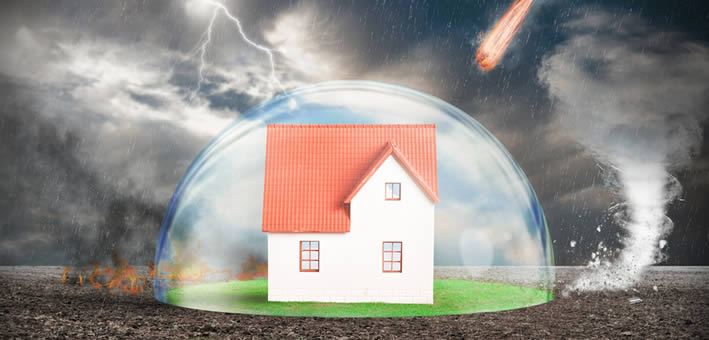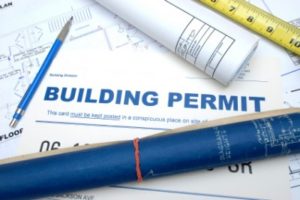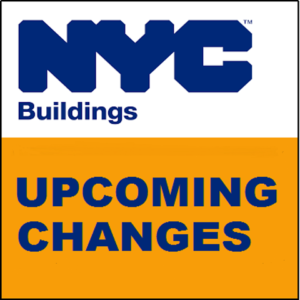As a business owner, you make decisions every day that have a direct impact on the success of your business. When you hire new employees, you normally have an interview process by checking the background of your potential candidates. But does this mean your business is protected from theft or fraud? No. Many companies decide to purchase a Fidelity Bond for added coverage for their business.
Fidelity Bonds are an insurance product that protect you or your customers against employee dishonesty such as theft. Fidelity bonds are usually optional to obtain, but are also required at times (e.g. employee benefit plan theft protection). Getting contractor bonding insurance through fidelity bonds is something all contractors should consider.
There are two types of Fidelity Bonds:
First-Party Fidelity Bonds: This type covers your business property and assets in the event that one of your employees steals it. Your regular Property Insurance policy won’t cover theft by your own employees. A client won’t ask you to carry a first-party bond; if you’re interested in this type of coverage, you’ll have to decide with help from your agent whether it makes sense.
Third-Party Fidelity Bonds: This is the type most professionals are likely to need and the one that your clients are likely to request. The Third Party Fidelity Bond policy provides coverage for theft of clients’ property by an employee of the insured. This policy is typically required to satisfy a contractual requirement with a client. As most businesses are increasingly moving towards using outside service providers, so has the requirement for third party employee theft coverage. Coverage can be written on a blanket form to cover all clients or scheduled on a contract specific basis.
A first-party Fidelity Bond protects your business against employee misrepresentation and fraud, while a third-party bond protects you against the same wrongful acts if they are committed by third-party contractors. It is generally the responsibility of the contractor to have this bond for their employees, but as a business owner, you can ask the contractor to provide this insurance when you enter into a working relationship.
Whether you are a contractor or a business owner and you may reach a point where you need bonds, please feel free contact us at 718-784-9292 and we will be more than happy to assist you.





